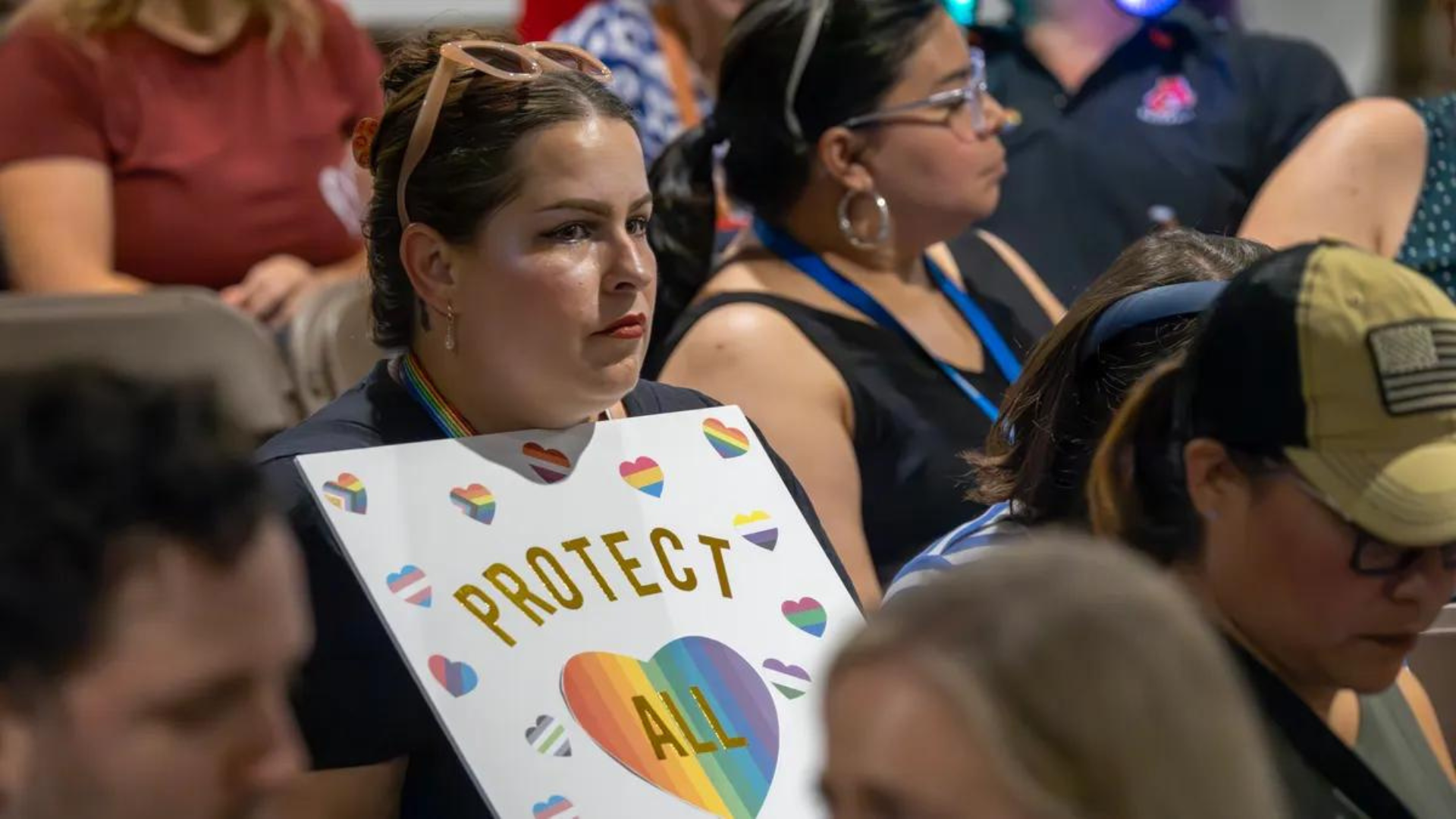On Monday, the U.S. Supreme Court declined to hear a case supported by a conservative Christian legal group challenging a Maryland school district’s policy of not informing parents if their children identify as transgender or gender-nonconforming.
The justices rejected an appeal by three parents with children in public schools in Montgomery County, a Washington suburb. A lower court had previously ruled that the parents lacked the legal standing to contest the policy. The plaintiffs were represented by the Virginia-based National Legal Foundation.
Story Background
The issue of transgender rights has become a significant point of contention in the U.S. culture wars. Conservative litigants and parent groups have filed lawsuits across various U.S. jurisdictions challenging school policies that respect transgender students’ requests to not be “outed” to their parents without consent.
The Montgomery County Board of Education adopted such a policy for the 2020-2021 school year. This policy allowed schools to create gender support plans to ensure students felt comfortable expressing their gender identity. It directed school personnel to help transgender and gender nonconforming students with plans addressing preferred pronouns, names, and bathrooms, and prohibited staff from informing parents about these plans without the student’s consent.
In 2020, one mother and two fathers filed a lawsuit, arguing that the district’s policy violated their due process rights under the 14th Amendment of the U.S. Constitution to direct the care of their children. U.S. District Judge Paul Grimm dismissed the case in 2022, and a three-judge panel of the 4th U.S. Circuit Court of Appeals in Richmond, Virginia, upheld the dismissal in a 2-1 vote in 2023. The court found that, although the parents presented “compelling” arguments, they lacked standing to pursue their claims.
Judge A. Marvin Quattlebaum, writing for the 4th Circuit majority, noted the absence of allegations that the parents’ children were transgender, had any gender identity issues, or had “gender support plans” addressing names, pronouns, and bathroom use.
Judge A. Marvin Quattlebaum, appointed by former President Donald Trump, noted that the plaintiffs had not provided evidence that the schools possessed any information about their children that might be withheld from them. This absence of specific facts reduced their opposition to a mere “policy disagreement,” according to Quattlebaum.
“Policy disagreements should be addressed to elected policymakers at the ballot box, not to unelected judges in the courthouse,” Quattlebaum wrote.
In their appeal, the parents argued that the 4th Circuit’s ruling misinterpreted U.S. Supreme Court precedent on legal standing and conflicted with decisions from other federal appeals courts. They urged the justices to address not only their standing to sue but also whether the school policy violated their fundamental parental rights, emphasizing that “this issue is not going away.”
“This case presents an issue on the merits that is roiling parents and school districts from Maine to California,” they wrote in their petition to the justices. “It is important for parents, their children, and public schools alike to have this issue addressed and resolved now.”
The school district defended its policy, stating it aimed to create a safe and welcoming environment where all students feel accepted. While the policy encourages parental involvement whenever possible, it acknowledges that some students may not openly express their gender identity at home due to concerns about safety or acceptance.





